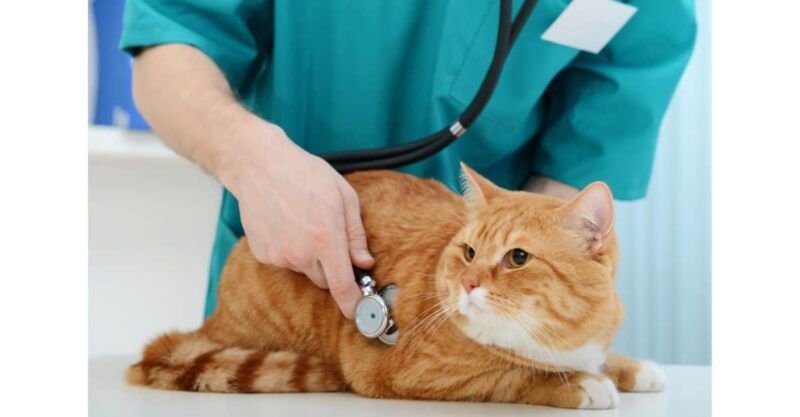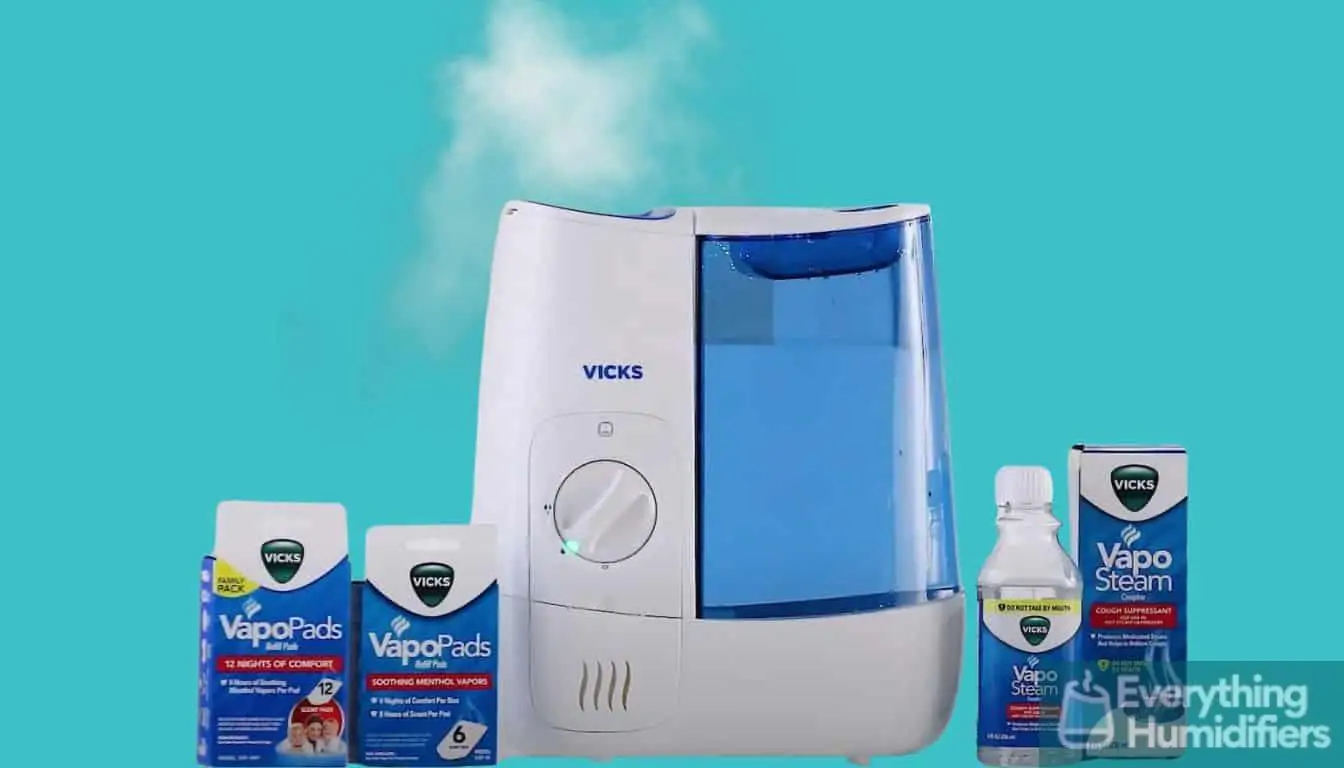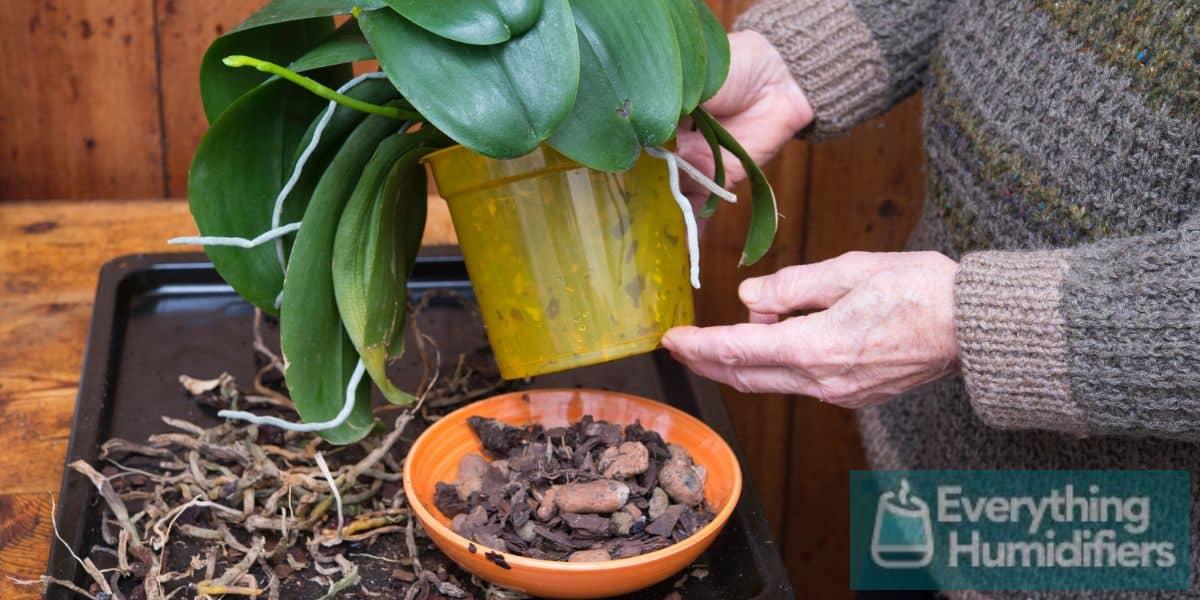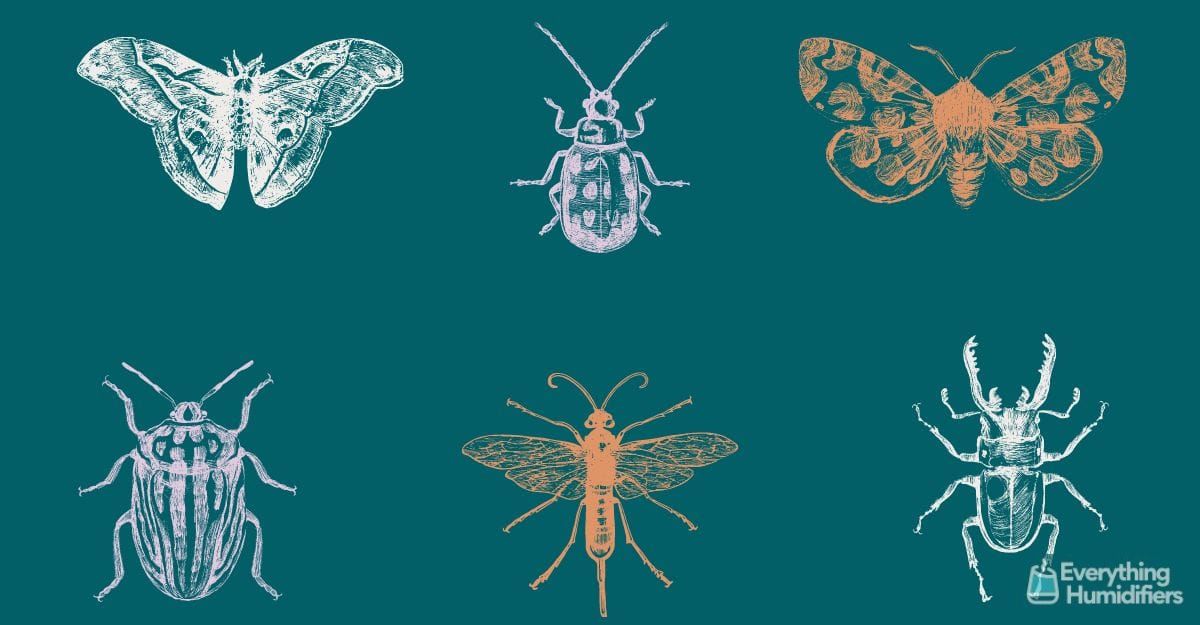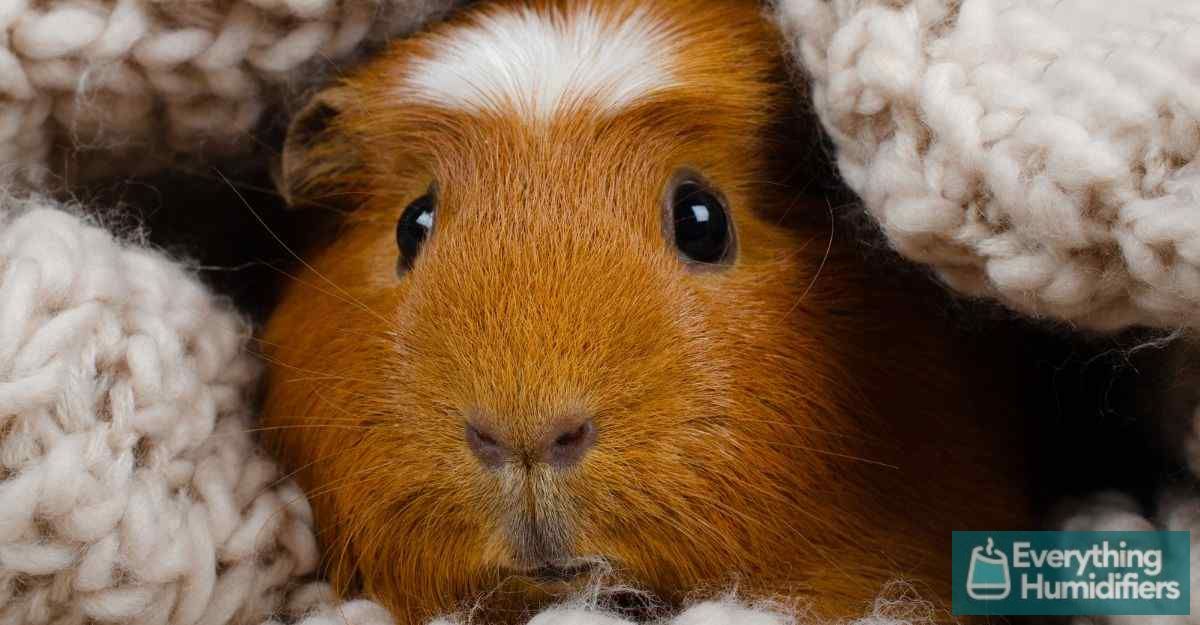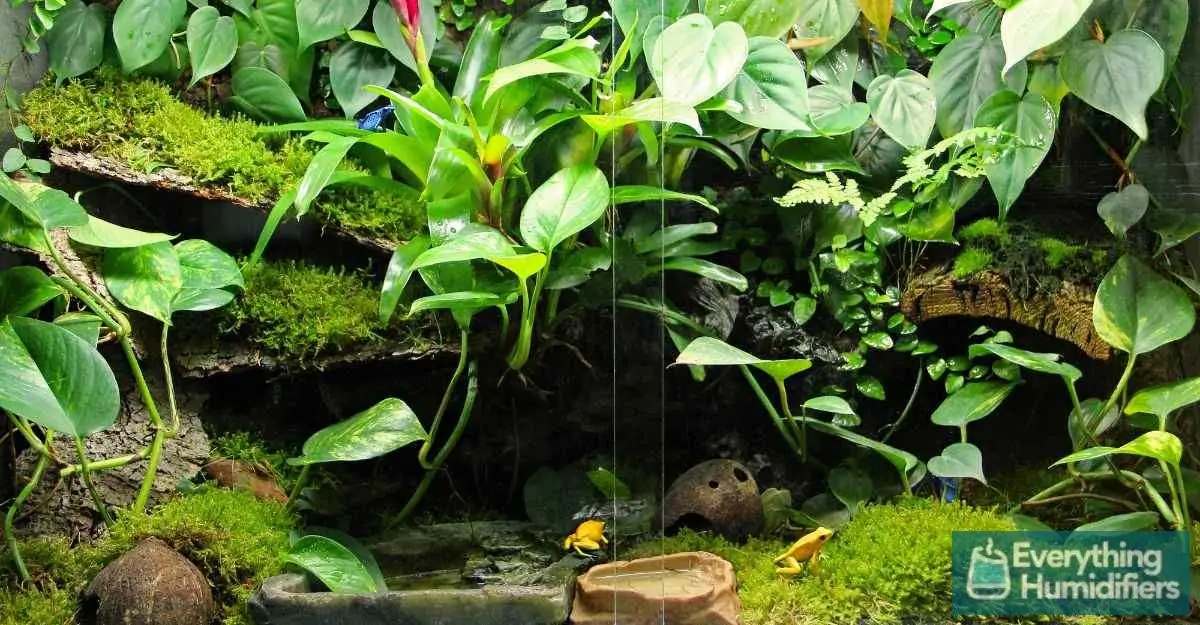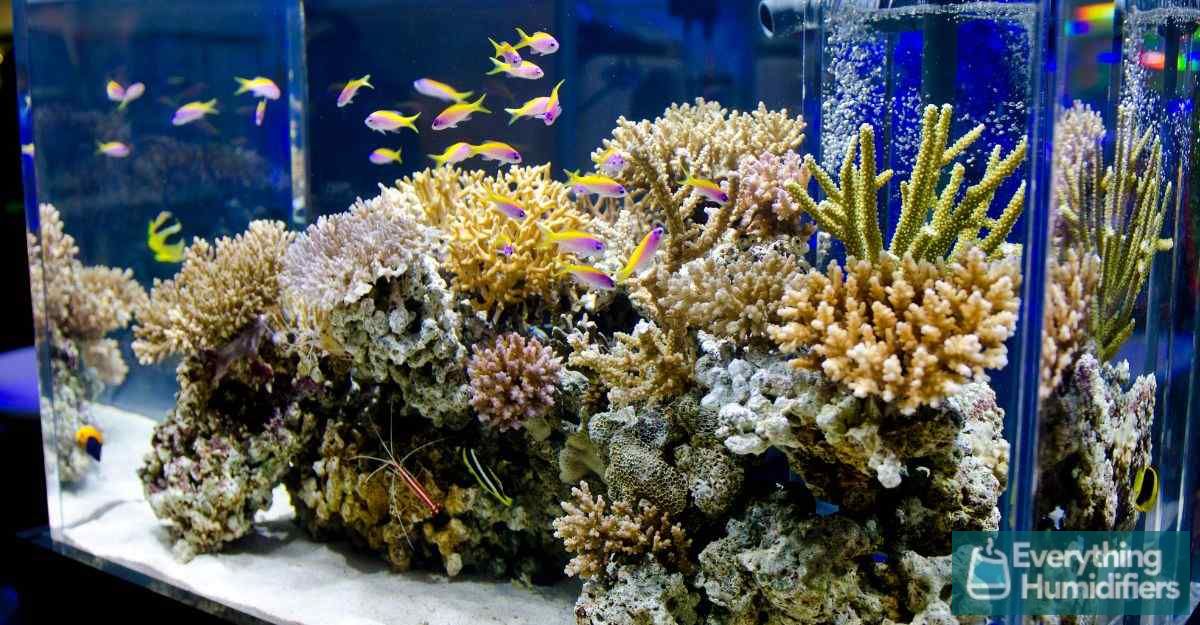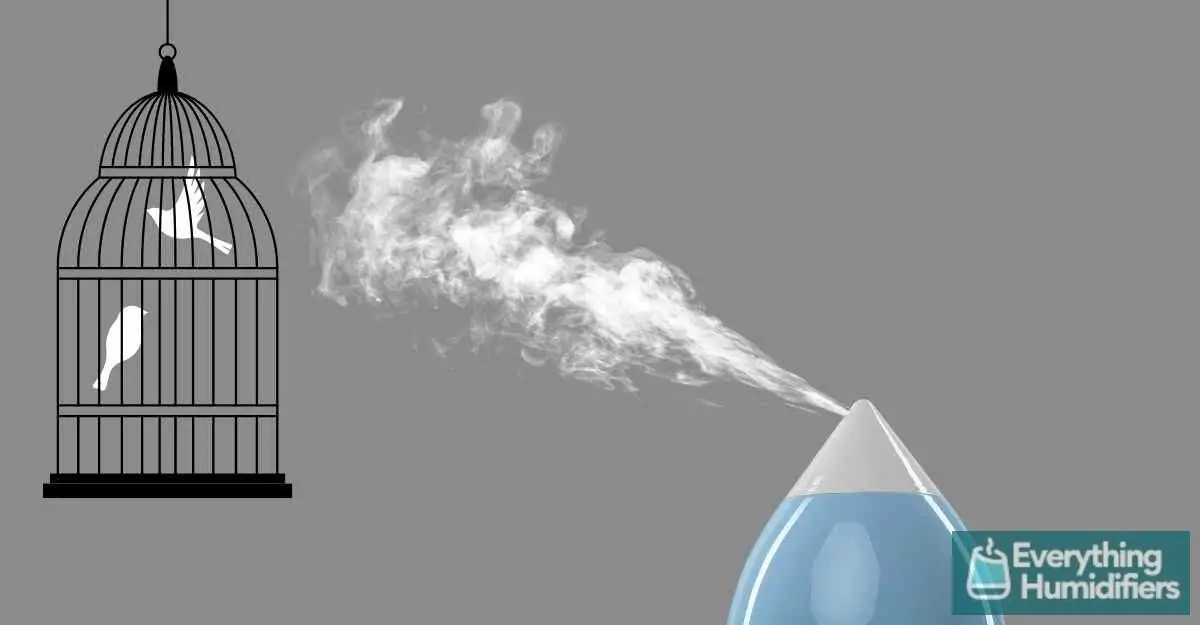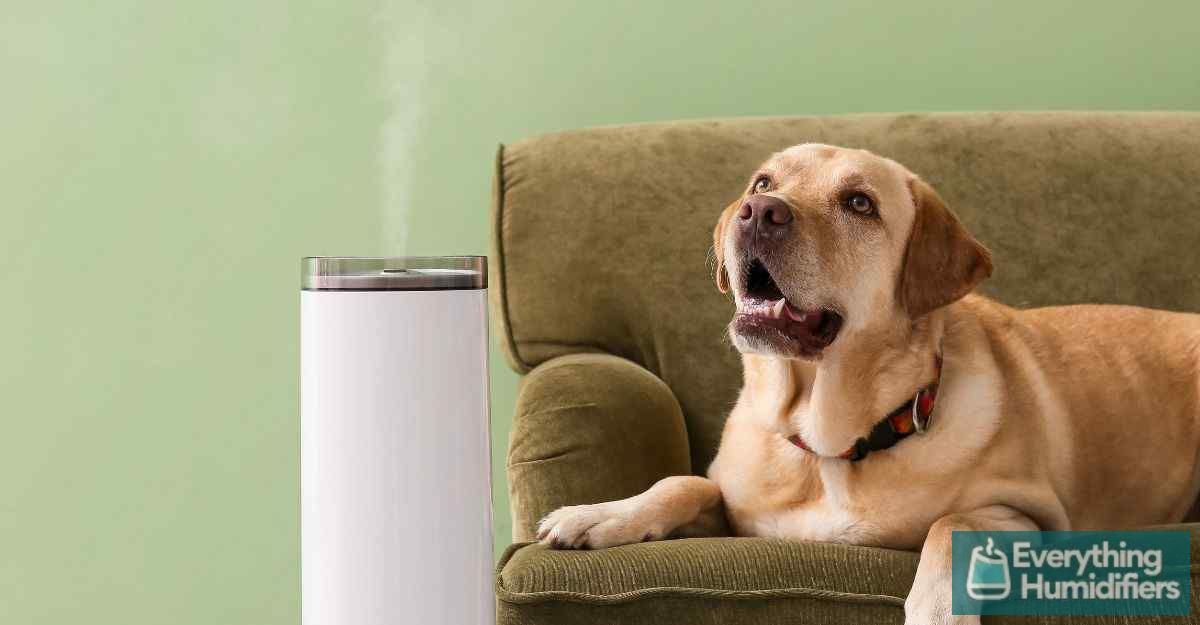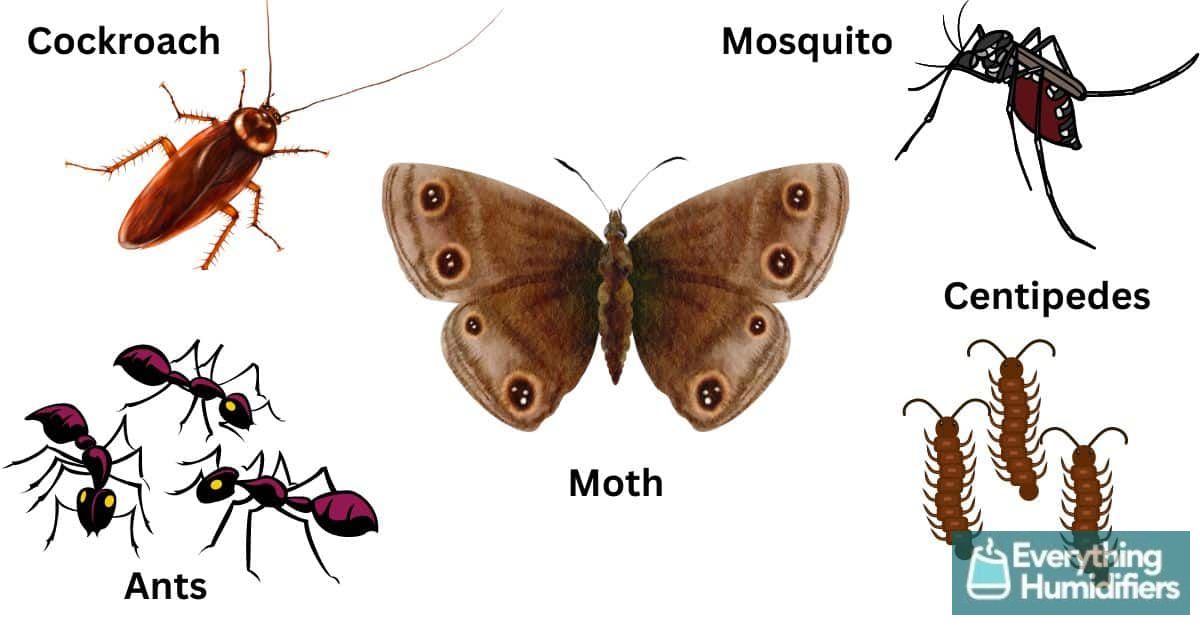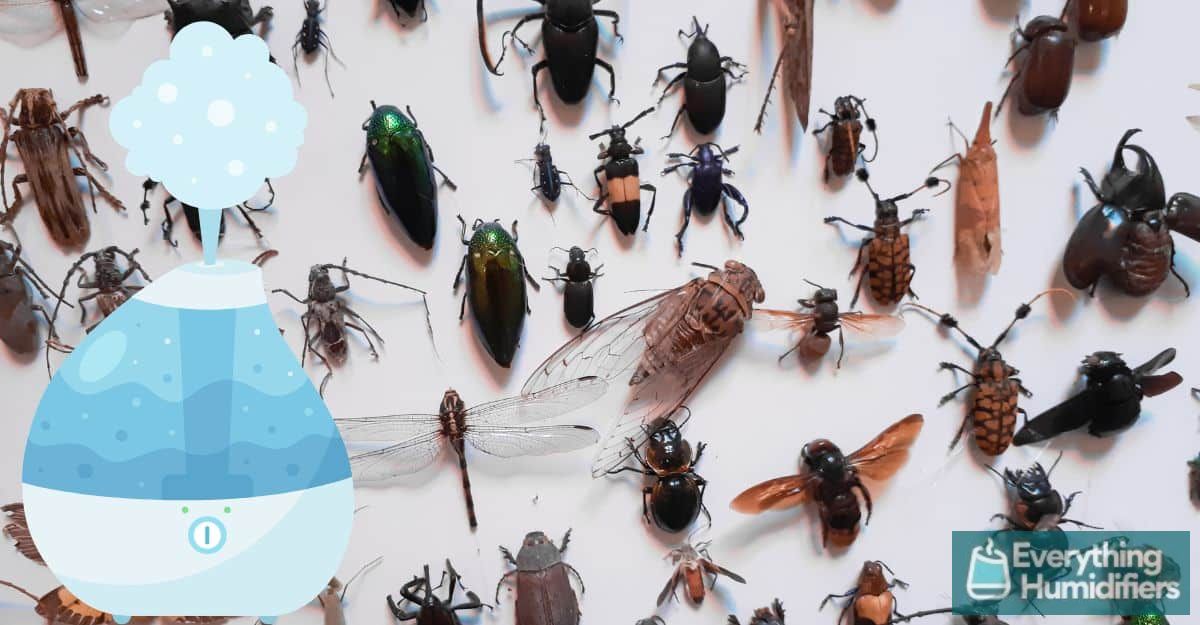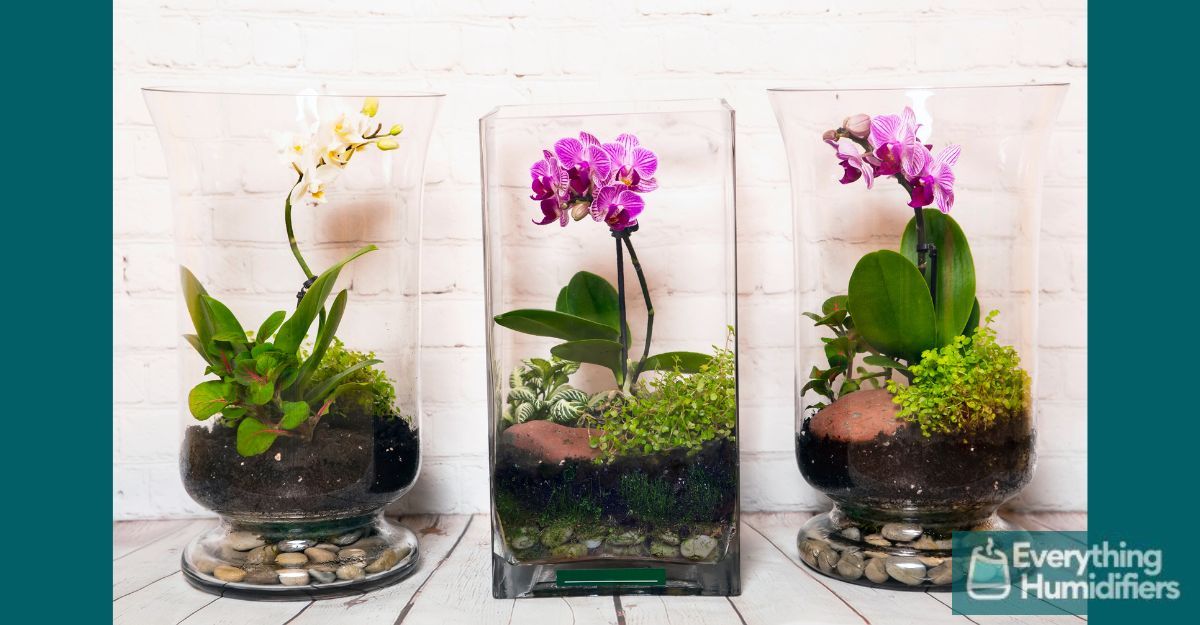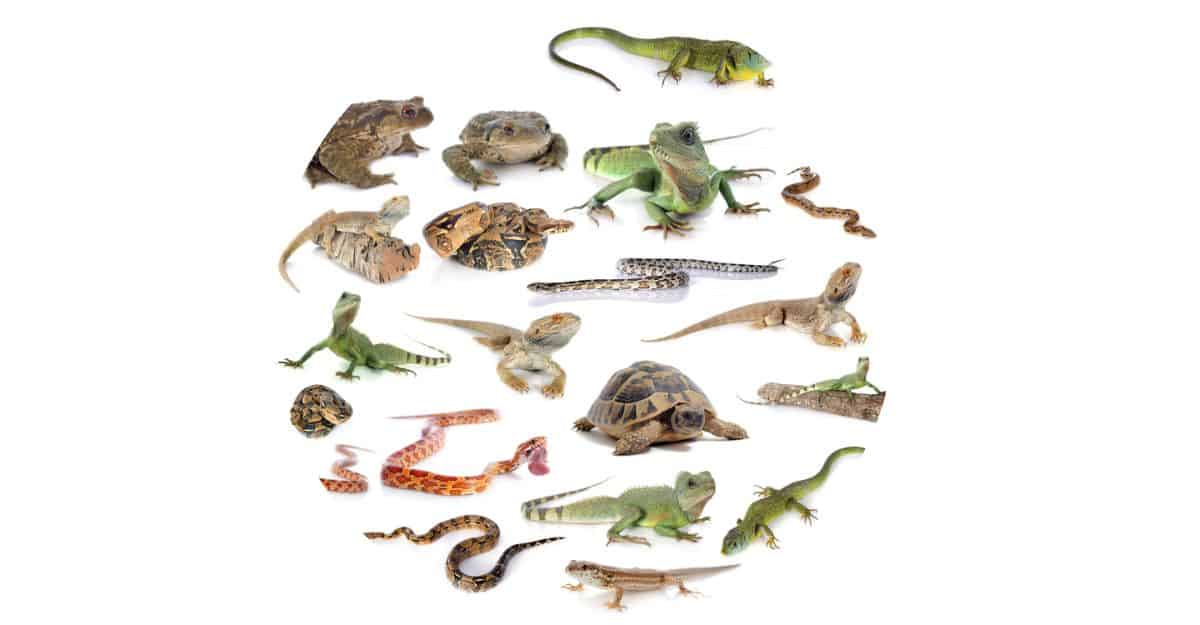For all those purrfect pet lovers out there, we are exploring a topic that will make your cat feel even more loved and spoiled.
Because that is what cats expect!
We know the benefits of humidifiers for humans, is a humidifier OK for cats?
While humidifiers can provide a range of benefits for cats, using them safely and responsibly is essential to avoid potential risks. By choosing a feline-friendly humidifier, using distilled water, and avoiding harmful additives, you can help promote better health and well-being for your furry companion.
If in doubt, consult with your veterinarian before using a humidifier for your cat to ensure it’s safe and appropriate for their needs.
Table of Contents
Let’s look at the benefits of using a humidifier for your cats.
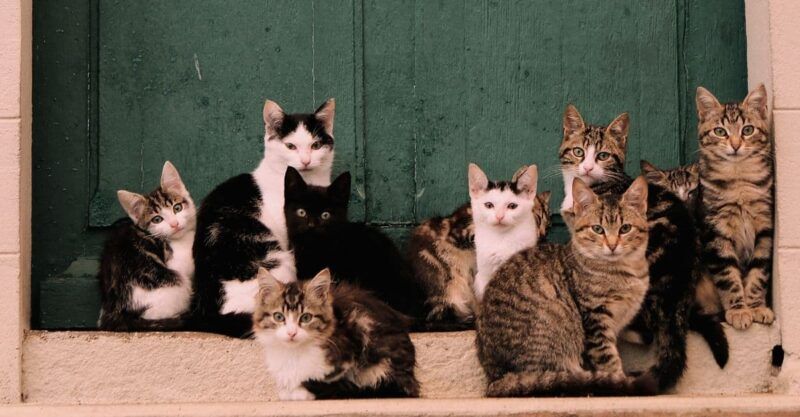
How Humidifiers Can Benefit Cats
Prevents respiratory issues
Dry air causes mucus in the nasal passages to dry out, leading to inflammation, sneezing, or dry coughing. This can lead to the formation of scabs and sores inside their noses.
A humidifier will moisten the air and help to keep the mucus soft and flowing.
Prevents dehydration
Humidity can promote better hydration and reduce the risk of dehydration. Especially important for cats who are prone to urinary tract problems.
Alleviates dry skin
Increased moisture in the air can help to alleviate dry skin. Cats with dry skin or dander will tend to scratch the itchy patches, often causing wounds that bleed and can become infected.
Enhances a healthy coat
Dry air will dry out a cat’s fur like it dries out our hair. Dry fur will become brittle and look dull. Hair can break off, leaving bald patches. Humidity helps keep a coat looking smooth, supple, and shiny.
Reduces the risk of infections
Dry air can be a breeding ground for various allergens, microorganisms, bacteria, and viruses, which can spread quickly and cause various health issues, such as runny noses, sneezing, allergies, red eyes, coughs, and breathing difficulties.
However, by maintaining optimal humidity levels and keeping the air moist, you can minimize the risk of infection and provide a safer living space for your beloved pets.
Reduces snoring
Cats can snore!
And, this is caused by several factors, from blockages in the nasal canal to tumors or foreign objects stuck in the airways.
Once you have consulted with your vet to rule out more severe causes, installing a humidifier is an excellent non-medical solution to keep the air moist and reduce snoring.
To find out more about snoring in cats, here is an interesting article from PetMD.
Reduce static electricity
Static electricity is caused by dry air. Some cats react negatively to carpet, furniture, curtains, and bedding shocks, which can cause anxiety and discomfort. A humidifier helps to reduce dry air and combat static electricity.
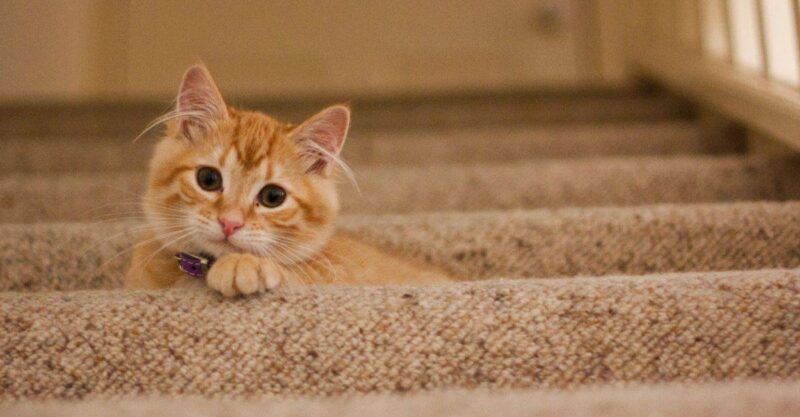
| Recommended Humidity Level | Cats prefer a humidity level between 30-50%, which is the same as humans. High humidity levels can lead to mold and mildew growth, while low humidity can cause dry skin and other health issues. |
| Monitor Humidity Level | Use a hygrometer or integrated humidistat to ensure a safe humidity level. |
| Types of Humidifiers | There are several types of humidifiers available on the market, including cool mist, warm mist, ultrasonic, and evaporative. Each type has its benefits and drawbacks, so it’s essential to choose one that suits your needs and your cat’s needs. |
| Best Humidifiers for Cats | Those with a humidistat, auto-shutoff and easy-to-clean filters. |
| Cleaning and Maintenance | It’s crucial to clean and maintain your humidifier regularly to prevent the growth of bacteria and mold. The cleaning process will vary depending on the type of humidifier you have, so be sure to follow the manufacturer’s instructions. |
| Benefits of Using a Humidifier | Using a humidifier can help alleviate respiratory issues, dry skin, and other health problems. It can also create a more comfortable living environment for both you and your cat. |
| Risks of Using a Humidifier | Over-humidification can increase the risk of mold and bacteria growth, which can be harmful to your cat’s health. Additionally, keep your cat away from warm mist humidifiers. |
| Signs of Over-humidification | Condensation on windows, damp walls, and musty odors. |
| How to Introduce a Humidifier | Gradual introduction and monitoring of your cat’s behavior. |
| Tips for Safe Use | Keep out of reach of your cat, use distilled water, and monitor humidity levels. |
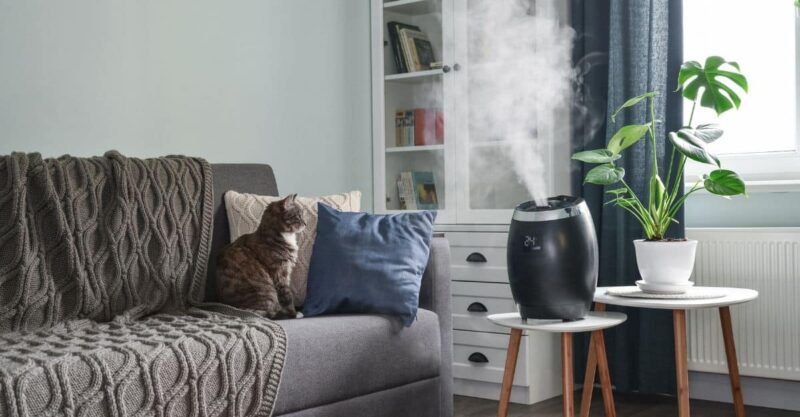
How to Use a Humidifier Safely Around Cats
While there are some risks involved, you will find that when used correctly, a humidifier is a great device that will create a more comfortable environment for both humans and cats.
Here are some tips:
- Choose a humidifier specifically designed for use around pets and follow the manufacturer’s instructions carefully. Models with a built-in humidistat and auto shut-off feature are recommended.
- Use distilled water to reduce the risk of mineral buildup and bacterial growth.
- Do not use essential oils or other additives in the humidifier, as these can harm cats.
- Keep the humidifier out of reach of cats and ensure that cords and other parts are securely tucked away to prevent accidents.
- Cleaning the humidifier per the recommendations from the manufacturer prevents the buildup of harmful minerals and bacteria. Try to obtain a copy of the manual before your humidifier purchase. The information will help you to understand what is required. If the cleaning required is too labor-intensive, check out another model that fits better with your cleaning routine.
Introduce your humidifier slowly.
Monitor the use of the humidifier to establish the optimum humidity level that keeps your cat comfortable.
Keep an eye on her behavior; some cats are sensitive to changes in humidity levels.
Devices that emit noise or have bright lights can also disturb sensitive cats. Consider changing your device’s settings or location if she shows signs of discomfort.
If you and your cat are still unhappy, consider consulting a vet for signs of discomfort or respiratory issues.
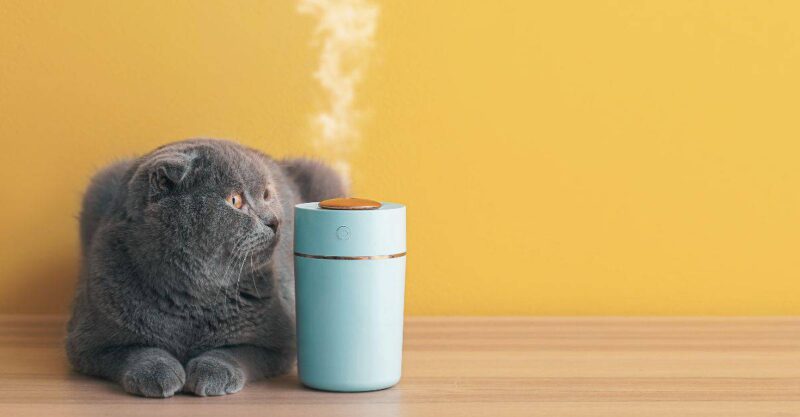
Potential Risks of Using a Humidifier for Cats?
Like most household appliances, care must be taken to make sure the safety of pets and people comes first. Here are some things to consider when installing a humidifier for your cat.
Over-humidification
If your humidity levels become too high, the air will be excessively moist, which leads to mold and bacterial growth. This can cause health issues for both cats and humans.
Many humidifiers can be set to maintain preset humidity levels, helping to reduce this risk. Condensation on windows, damp walls, and musty odors are signs of over-humidification.
Hot water or steam can be dangerous
Warm mist humidifiers use heated water and emit hot steam, which can be a safety hazard to your pet if knocked over or unattended. To learn more about different types of humidifiers, look at our article here.
Improper cleaning
Humidifiers must be cleaned regularly. Combining heat and water creates the perfect breeding ground for harmful bacteria. Mold, mildew, and minerals accumulate in the device and can be expelled into the air you breathe.
Regular cleaning will easily prevent this danger. Here is our comprehensive article on How To Clean Your Home Humidifier.
White dust
Using tap or hard water in a humidifier can lead to fine layers of white dust being expelled into the air. White dust accumulates on surfaces and can cause allergies and respiratory issues.
Using distilled water or boiled water will resolve the problem. If your cat is sensitive to dust, an evaporative humidifier may help to lessen the white dust.
Oil additives can be dangerous.
Adding essential oils or additives to your water may be great for humans but can be toxic to cats.
Curious Cats
Ultrasonic humidifiers emit a visible mist which some cats can become obsessed with. It is not ideal for humans or cats to inhale the mist directly from a humidifier.
If this type of thing distracts your kitten. In that case, an evaporative humidifier is a better option, as there is no mist that you can see.
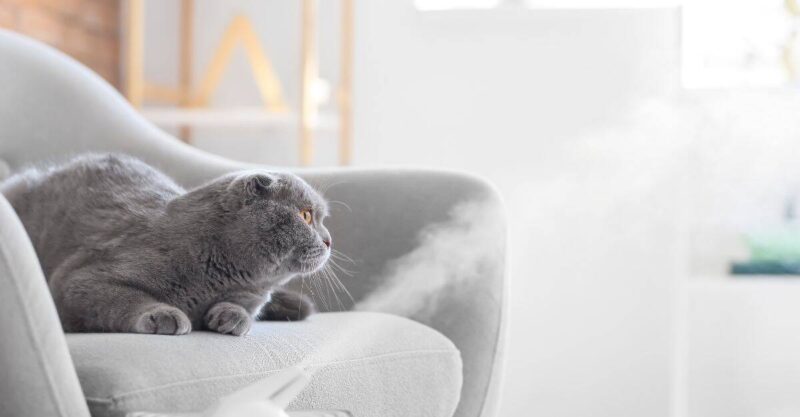
Are Humidifiers Safe For Cats?
Yes, humidifiers are generally safe for cats as long as they are used correctly. It is important to choose a humidifier that does not release harmful chemicals or excessive moisture. Regular cleaning and maintenance of the humidifier is also crucial to prevent the growth of bacteria or mold that could potentially harm your cat.
What is the Ideal Humidity For Cats?
The ideal humidity for cats in English is generally recommended to be between 40-60%. This range helps maintain their respiratory health, prevents dry skin, and minimizes the risk of respiratory infections. It is important to note that individual cats may have different preferences, so it’s advisable to monitor their behavior and adjust accordingly.
Are cool mist humidifiers safe for cats?
Yes, cool mist humidifiers are generally safe for cats as long as the device is used properly. However, it is important to keep the humidifier clean and well-maintained to prevent any potential health risks for your feline companion
Our personal experience!
Being cat lovers, we noticed that our cat Milly was coughing and having difficulty breathing during the winter months when the air in our home was particularly dry. We checked with our vet and ruled out other causes for her cough.
After using a humidifier in our home, we noticed a significant improvement in her breathing and overall health. We never realized how much the dry air affected our cat, and using a humidifier has made a massive difference for all of us!
Milly is back to being her joyful self with her typical feline cat-titude!
We now have the purrfect reminder, when she starts coughing, it’s time to get the humidifier out.
Don’t forget to ask your vet before using a humidifier for a cat with respiratory problems or other health conditions. Since they have a history with your cat, they may be able to quickly give you a recommendation.
